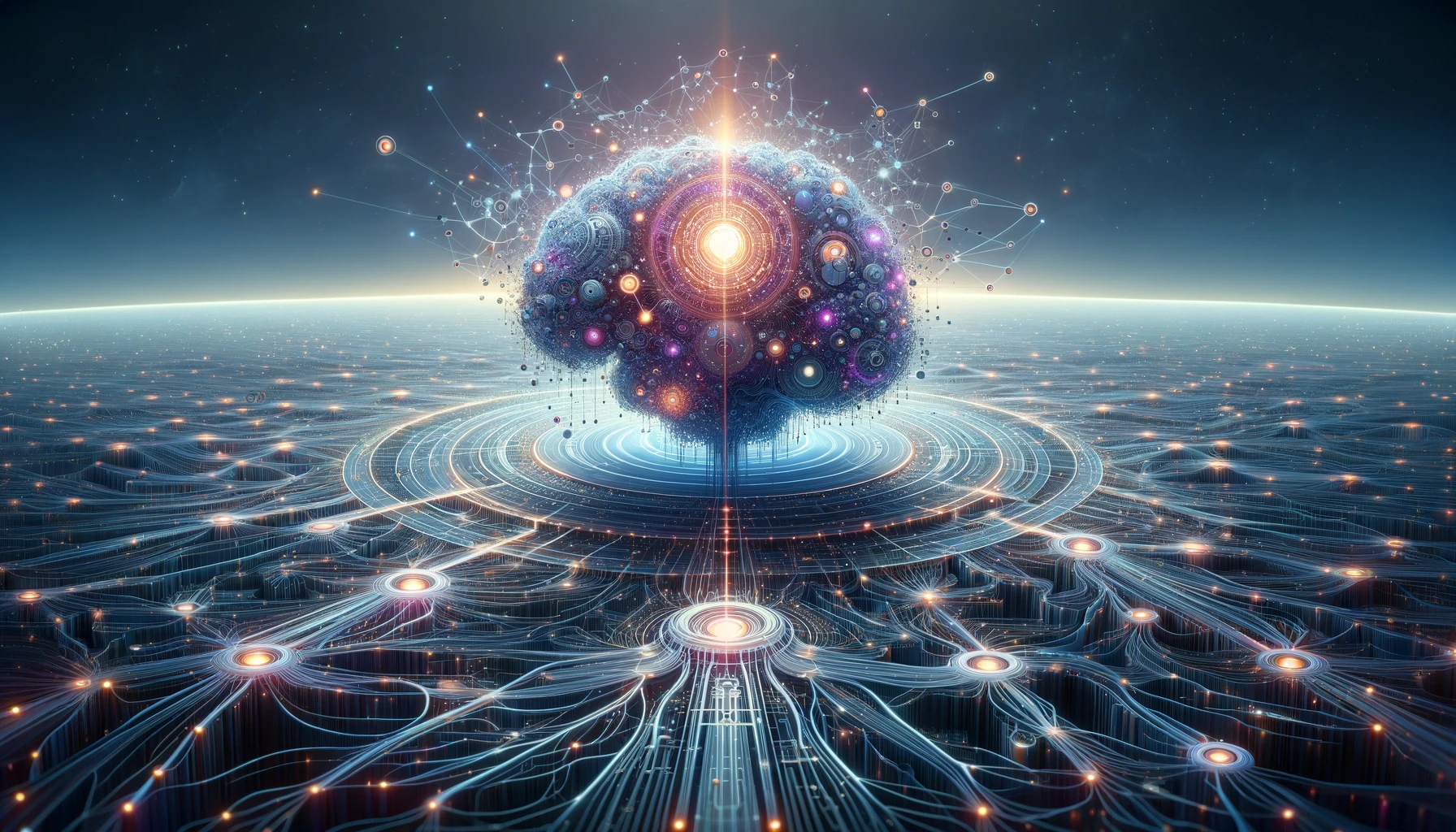Key Points
1. The researchers introduce a method called Retrieval Augmented Thoughts (RAT), which uses iterative revising of a chain of thoughts with the help of information retrieval to improve large language models’ reasoning and generation ability in long-horizon generation tasks while mitigating hallucination.
2. RAT revises each thought step one by one with retrieved information relevant to the task query, the current and the past thought steps, after the initial zero-shot CoT is generated.
3. Applying RAT to various large language models such as GPT-3.5, GPT-4, and CodeLLaMA-7b substantially improves their performances on various long-horizon generation tasks, with average relative increasing rating scores on code generation, mathematical reasoning, creative writing, and embodied task planning.
4. Large Language Models (LLMs) have shown progress in natural language reasoning tasks but concerns have been raised about the factual correctness of their reasoning, leading to the proposed method RAT to mitigate this issue.
5. RAT is based on the Retrieval Augmented Generation (RAG) methodology, which seeks insights from human reasoning and utilizes retrieved information to facilitate more factually grounded reasoning.
6. RAT revises each thought step using RAG from an external knowledge base to alleviate hallucination and improve reasoning processes.
7. RAT is evaluated on various challenging long-horizon tasks, including code generation, mathematical reasoning, embodied task planning, and creative writing. The proposed method demonstrates significant improvements over traditional methods.
8. The study also includes an ablation study on causal vs non-causal reasoning in RAT, demonstrating the significant enhancement in generation capabilities when incorporating causal reasoning techniques.
9. The researchers highlight the robustness of RAT across diverse tasks and discuss three limitations of the approach, including reliance on the quality of retrieved knowledge and the performance of the base language model.
Summary
The research paper explores the impact of iterative revising with information retrieval on language models' reasoning and generation abilities in long-horizon generation tasks, aiming to mitigate the issue of hallucination in model responses. The proposed method, retrieval-augmented thoughts (RAT), significantly improves the performance of language models such as GPT-3.5, GPT-4, and CodeLLaMA-7b on various long-horizon generation tasks, including code generation, mathematical reasoning, creative writing, and embodied task planning.
RAT's Impact on Language Models' Reasoning and Generation Abilities
The study finds that RAT revises each thought step with retrieved information relevant to the task query, the current and the past thought steps, after the initial generation of zero-shot chain of thoughts. Applying RAT to language models substantially improves their performances, with an average increase of approximately 13.63% on code generation, 16.96% on mathematical reasoning, 19.2% on creative writing, and 42.78% on embodied task planning. The method uses an iterative retrieval process and causal reasoning to continuously refine the retrieved information and revise the thought steps, leading to more accurate and reliable outputs. RAT leverages retrieval-augmented generation (RAG) to access external knowledge, significantly enhancing the reasoning and generation abilities of language models in complex, long-horizon tasks.
Efficacy of Causal Reasoning and Retrieval Strategies
The research also includes ablation studies, demonstrating the efficacy of causal reasoning and retrieval strategies in enhancing the performance of RAT. The robustness of RAT is evident across diverse tasks, showcasing its generalization capability and effectiveness across various language models. The paper also discusses the limitations of RAT, such as its reliance on the base language model's in-context learning capability and the quality of the retrieved knowledge.
Superior Performance of RAT
The proposed RAT demonstrates superior performance compared to traditional retrieval-augmented generation methods and various baselines, establishing its effectiveness in improving language models' reasoning and generation abilities in long-horizon tasks. The authors foresee the potential of RAT in mitigating hallucinations and enhancing the performance of language models across different domains, such as code generation, mathematical reasoning, creative writing, and embodied task planning.
Reference: https://arxiv.org/abs/2403.053...
